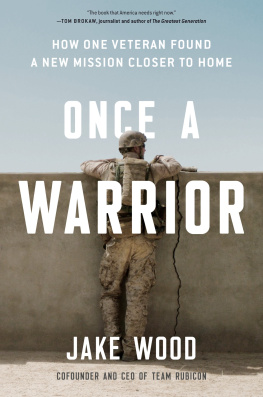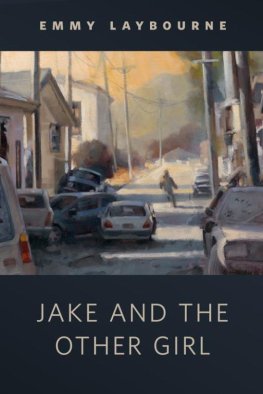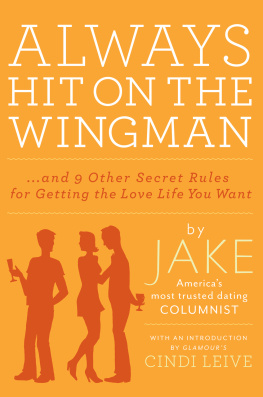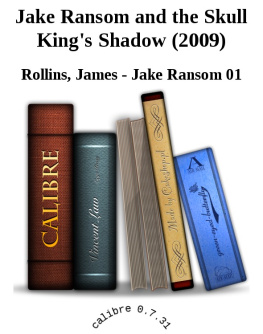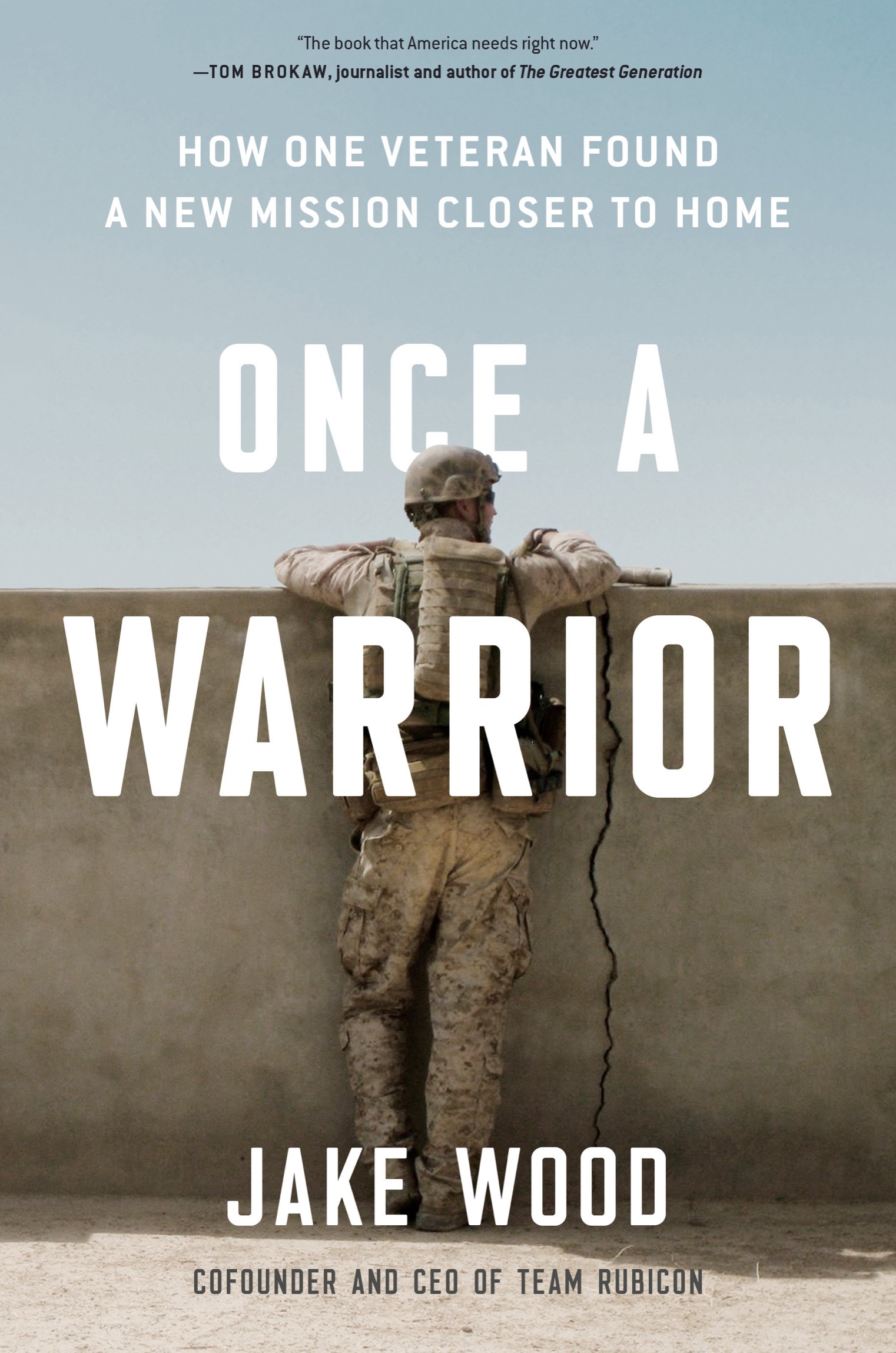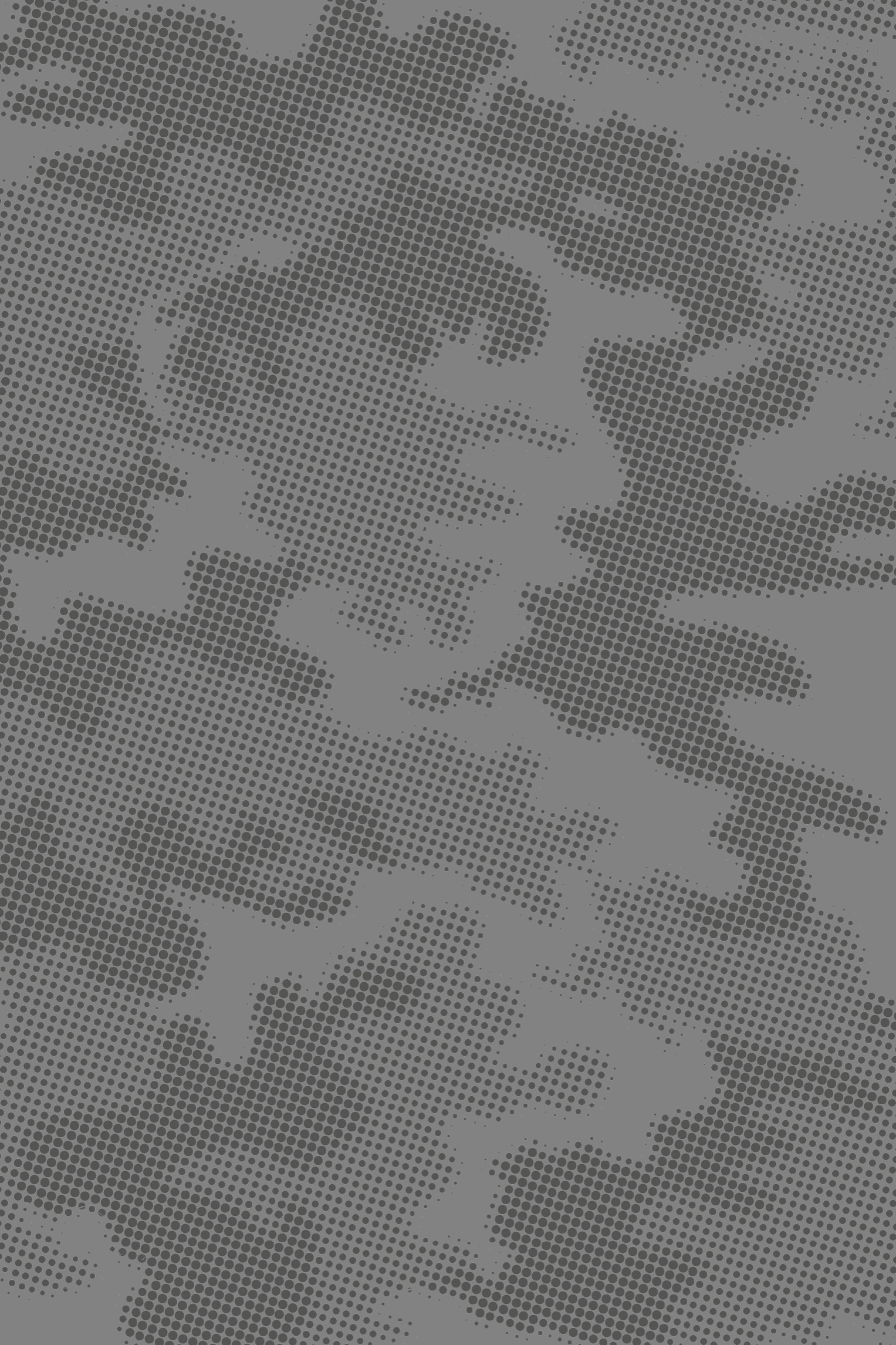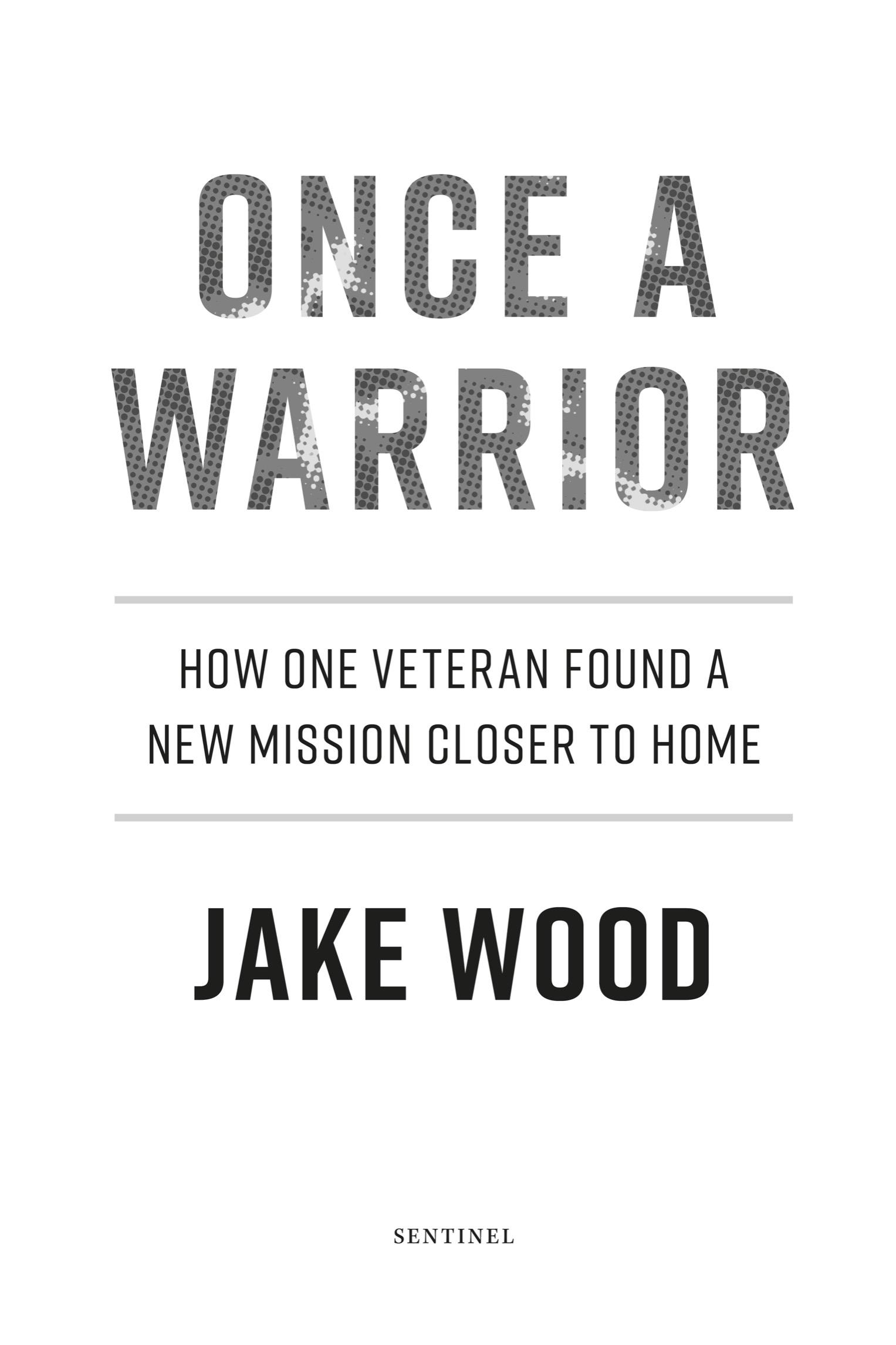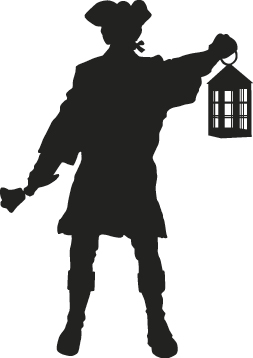
Sentinel
An imprint of Penguin Random House LLC
penguinrandomhouse.com

Copyright 2020 by Jacob Andrew Wood
Penguin supports copyright. Copyright fuels creativity, encourages diverse voices, promotes free speech, and creates a vibrant culture. Thank you for buying an authorized edition of this book and for complying with copyright laws by not reproducing, scanning, or distributing any part of it in any form without permission. You are supporting writers and allowing Penguin to continue to publish books for every reader.
Insert photo credits:
Jeff Wood: .
LIBRARY OF CONGRESS CATALOGING-IN-PUBLICATION DATA
Names: Wood, Jake, 1983 author.
Title: Once a warrior : how one veteran found a new mission closer to home / Jake Wood.
Other titles: How one veteran found a new mission closer to home
Description: New York : Sentinel, [2020]
Identifiers: LCCN 2020032152 (print) | LCCN 2020032153 (ebook) | ISBN 9780593189351 (hardcover) | ISBN 9780593189368 (ebook)
Subjects: LCSH: Disaster relief. | VeteransUnited StatesBiography. | PhilanthropistsUnited StatesBiography. | Team Rubicon (Organization)History | United States. Marine CorpsBiography. | MarinesUnited StatesBiography. | United States. Marine Corps. Marine Regiment, 7th. Battalion, 2nd. | Afghan War, 2001Personal narratives, American. | Iraq War, 2003-2011Personal narratives, American.
Classification: LCC HV553 .W647 2020 (print) | LCC HV553 (ebook) | DDC 363.34/8092 [B]dc23
LC record available at https://lccn.loc.gov/2020032152
LC ebook record available at https://lccn.loc.gov/2020032153
Illustrations by Daniel Lagin
Disclaimer: Some names and identifying characteristics have been changed to protect the privacy of the individuals involved.
Cover design: Brian Lemus
Cover photograph: Shawn Beidler
pid_prh_5.6.0_c0_r2
To my father, Jeff Wood. Thank you for all the lessons.
To my wife, Indra. Thank you for taking a chance on me.
To my daughter, Valija. Thank you for making it worth it.
CONTENTS
PREFACE
Theres a saying in the military: Old soldiers never die; they simply fade away. Its poetic, but the lyricism belies an underlying sadness. What happens to a soldier after combat? In uniform they are admired and applauded, thanked as they walk through airports and toasted with beers at the local pub. But when our sons and daughters take off their uniforms for the last time, they often begin a long descent into obscurity. A higher calling lives on inside of them that no longer has a mission to pursue, and as they struggle to reintegrate, its more comfortable for the public to look away than to take responsibility. When most people think about veterans, they default to stereotypesand to be honest, they arent far off. Old men, baseball caps announcing their combat campaigns perched on top of greying scalps, shuffling through crowds and feeling invisible, yearning for someone to thank them for their service. Or worse, haggard shells leaning against a brick wall, a cardboard sign propped on the sidewalk in front of them: Desert Storm Veteranspare some change?
But what if we reframed what it means to be a veteran? What if instead of allowing our sons and daughters to simply fade away, we asked them to come home and build a legacy that would strengthen the foundation of our nation? Our communities face no shortage of problems, ranging from social division to income inequality to an increasing onslaught of natural disasters. If, as a nation, we issued a challenge to the three million men and women who have returned from tiresome wars in the Middle East to address these things, what might we unlock?
The stakes are high. My unit took some of the highest casualties of the wars during our time in both Iraq and Afghanistan. Yet when we returned home, we lost more men to their own hand than to the enemy overseas. Since 2012, more service members have died by suicide than in combat.
Its a stunning statistic and a sobering rebukeand many Americans have never heard it. This epidemic cannot be fully explained with clinical diagnoses of post-traumatic stress disorder. To understand, we must look more broadly to the dearth of purpose and self-worth some veterans experience upon return. Many enter communities that care little about their sacrifice and choose to treat them like liabilities, rather than the assets they are. The local minor-league baseball team will disguise a returning veteran as the mascot and surprise her family with a crowd-pleasing public reunionan overplayed scene that gets local news anchors to peddle tropes about heroism and sacrifice. Yet that same veteran will walk from local business to local business begging for a job in management, only to be told that she lacks experience. Never mind that she commanded a supply company of two hundred soldiers tasked with making daily runs to far-flung forward operating bases along highways riddled with IEDs.
Think about that for a moment. Imagine our country recruited you out of high school and invested hundreds of thousands of dollars into your training. We give you a uniform and a rifle and a rank. Perhaps most importantly, we give you a mission and a band of brothers and sisters that would do anything for you. We send you to war, where you fight for our flag, and, perhaps for the first time in your life, it feels like your existence matters. You execute a difficult job in impossible circumstances, gaining experience and confidence. You come home and we pin a medal on your chest and cheer for you at stadiums and arenas. But eventually that ends and your time in uniform is done. You take it off for the last time and the Army hands you a piece of paper and says, Good luck, soldier. But before theyve even finished wishing you good luck, theyve turned their attention to the next body in a uniform, because they have a war to win. You walk off base and into your next chapter, eager and maybe a little scared. One thing is certain: your mission, community, and sense of identity have faded.
Stripped of this scaffolding, you might begin to feel listless and alone and fear that you are sinking like a battleship to the bottom of a harbor. Memories of the friends killed alongside you reoccur in your dreams. Perhaps youre plagued by a sense of failure after seeing the cost in blood and treasure of the U.S. military intervention in Iraq and Afghanistan while some of our communities at home rot in front of us. Despite having served more than most, you feel you still have a debt to pay.
Whats more, civilian life confounds and frustrates you. Were people always so self-involved? Instead of protecting life and liberty, youre supposed to muster enthusiasm for socializing with your coworkers with an eye toward that promotion. But this new set of norms feels like a step in the wrong direction. Its hard to form bonds with people who are more interested in greasing the wheels of their career than forming a real brotherhood. You knew your fellow soldiers would die for you; youre fairly sure these people would plant their Italian loafer on your back as they stepped over you onto the ladders next rung.

